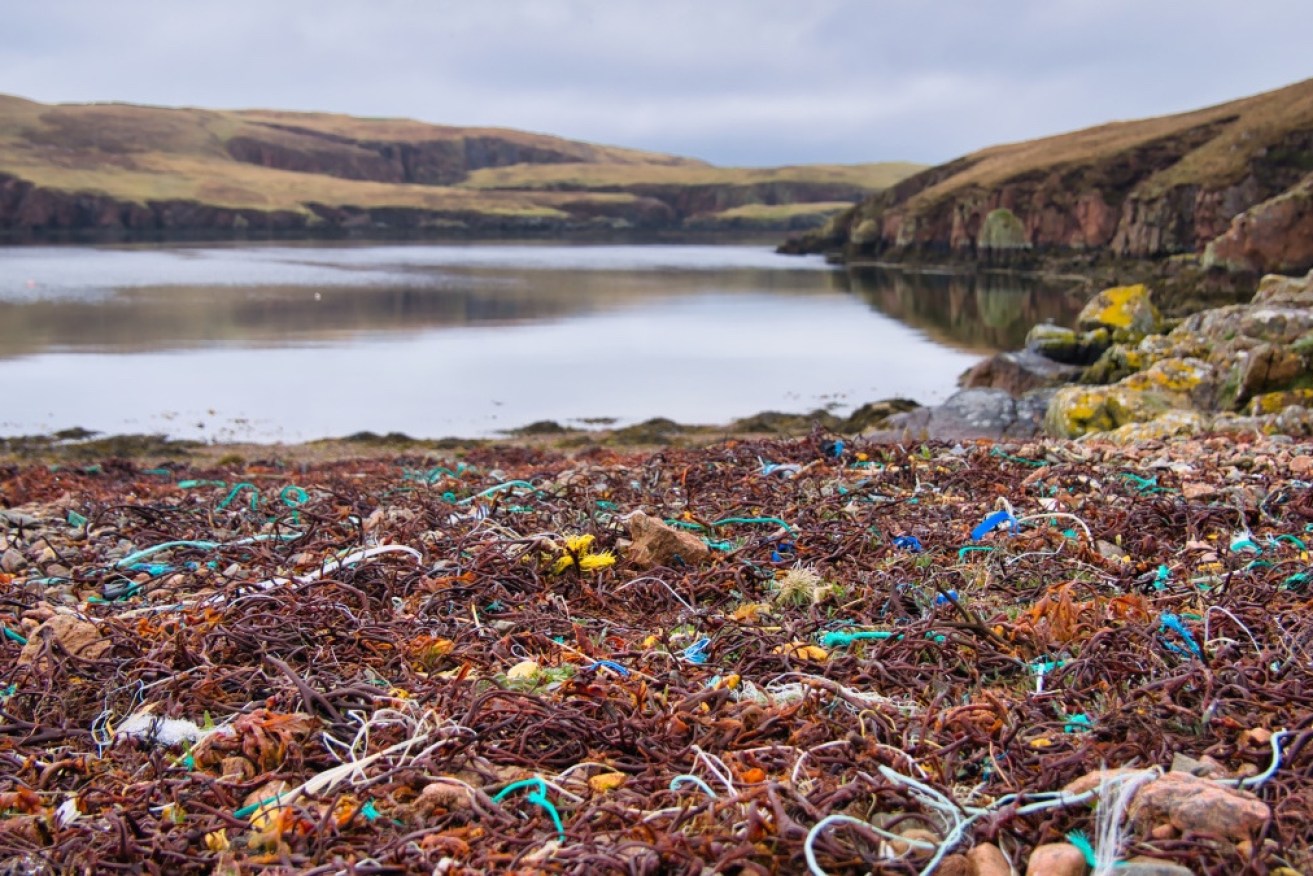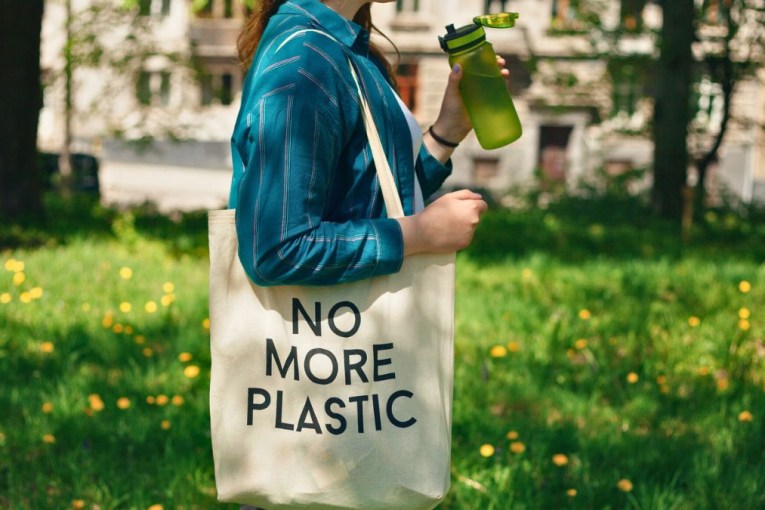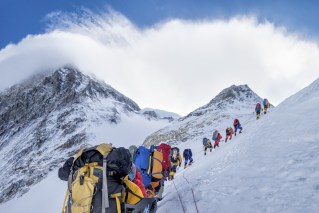Scientists discover coastal litter hotspots around the world, including Australia


Wealthy countries like Australia, the UK, and the US were found to be hotspots for fishnets.
Research on coastal clean-ups around the world has uncovered some of the worst litter hotspots, including in Australia.
CSIRO scientists announced in a study released on Thursday the discovery of litter hotspots on every inhabited continent, as anthropogenic debris remains a “global problem”.
Anthropogenic debris is pollution by human-generated objects better known as marine debris, consisting mostly of fishing gear, nets, packaging materials and raw plastic.
Food and beverage packaging items, predominantly made from single-use plastics, accounted for much of the debris, the study published in Science Direct found.
“We found debris hotspots for different items span numerous countries across all continents,” the study states.
“This demonstrates that the debris problem is global and heterogeneous, pointing to the transboundary nature of the issue and necessitating sub-national approaches to implementing effective solutions.”
According to the findings, there is a plastic hotspot on every populated continent. Antarctica was the only continent without one.
The “hottest hotpot” in Australia is the Gold Coast, where fishing lines were most abundant.

Coast litter hotspots were found on every populated continent. Photo: Science Direct
Scientists found huge diversity in the location and scale of plastic pollution hotspots, with local variation in the plastic along coasts changing vastly between neighbouring countries.
Socioeconomic factors were said to correlate with the different items found.
Wealthier nations reported more cigarette butts and fishing gear, while low socioeconomic countries were associated with more single-use plastics.
Recreational fishing in countries like Australia, United Kingdom and the United States was cited as a contributor to their pollution hotspots.
The study states locations with a higher value of infrastructure and lower national wealth have higher reported levels of plastic pollution overall.
Highly polluted sites occurring in high-infrastructure, low-wealth locations including Athens (Greece), Tunis (Tunisia) and Lima (Peru) were listed.
It found socioeconomics were a better predictor for density of plastic pollution than population, although more single-use plastic items were more associated with cities.

The 10 most common plastic items found in coastal clean-ups across the world. Photo: Science Direct
The research highlights the 10 most common items reported on land and the seafloor, having analysed data from 22,508 land-based and 7290 seafloor clean-ups and surveys across 116 and 118 countries, respectively.
Clusters were also often associated with partially enclosed bays, seas and lakes, including between the South China and Philippine Seas, the Gulf of Khambhat in India, and Lake Michigan in the US.
Plastic bottles were more common in the tropics, including Jamaica and Costa Rica, while food wrappers and takeaway foam containers were more common in places with weaker waste management systems, including the Philippines, Indonesia and Vietnam.
The Philippines were noted to have five of the top 10 hotspots for plastic food wrappers, while Jamaica has three of the top 10 hotspots for plastic bottles.
Researchers hope by identifying some of the socioeconomic factors that are associated with litter hotspots, they can target management towards at-risk areas before litter enters the oceans and harms wildlife.
“Based on these findings, we identify specific opportunities for policymakers and citizens alike to focus efforts aimed at reducing debris entering the environment,” the study reads.








